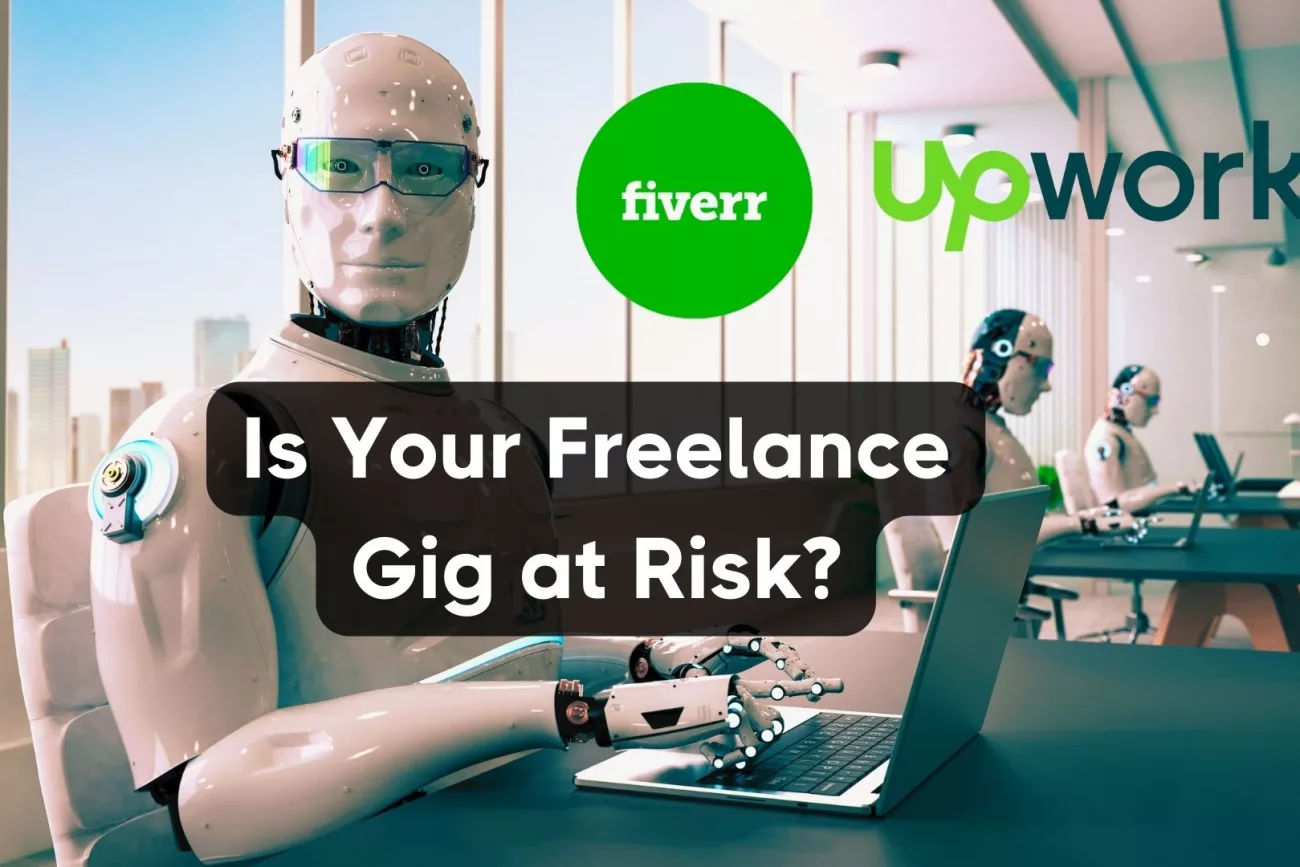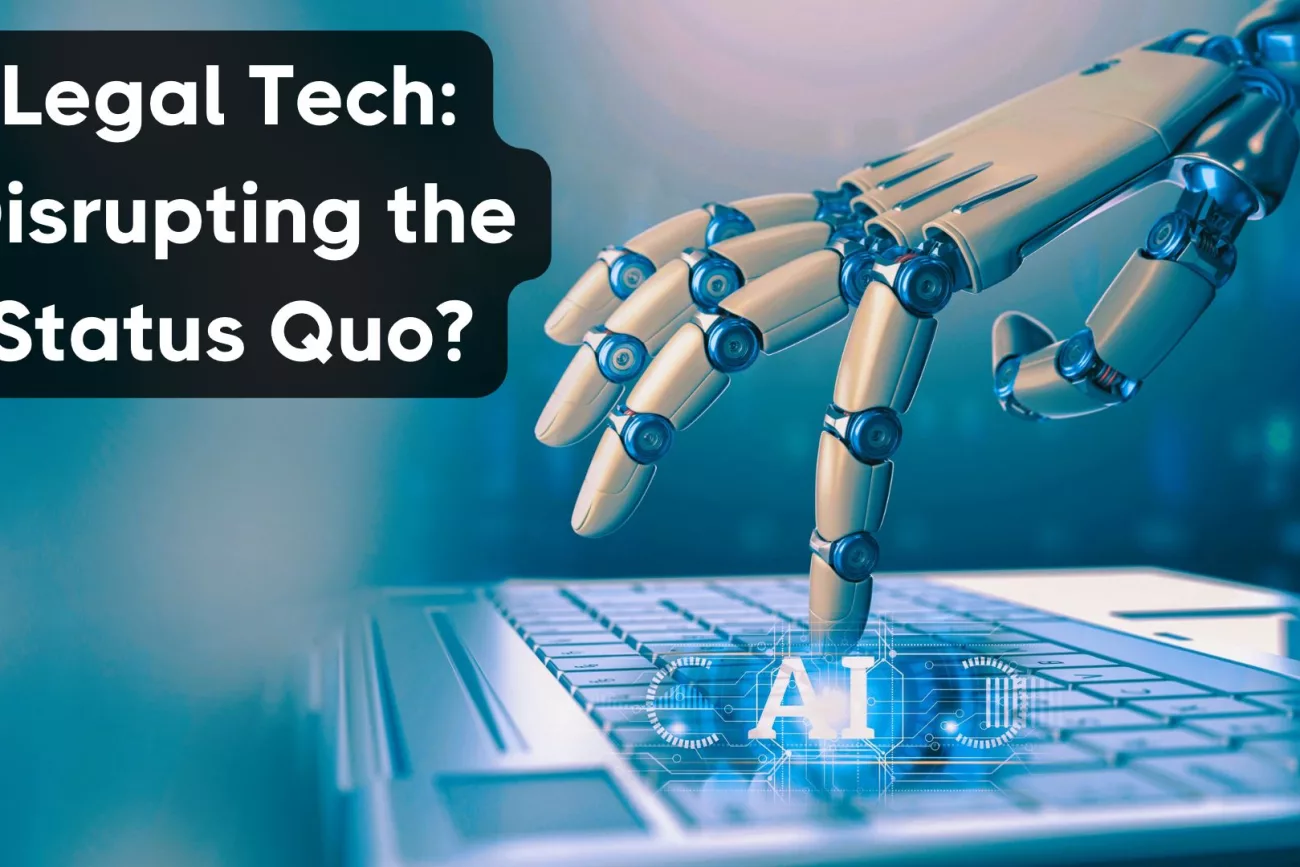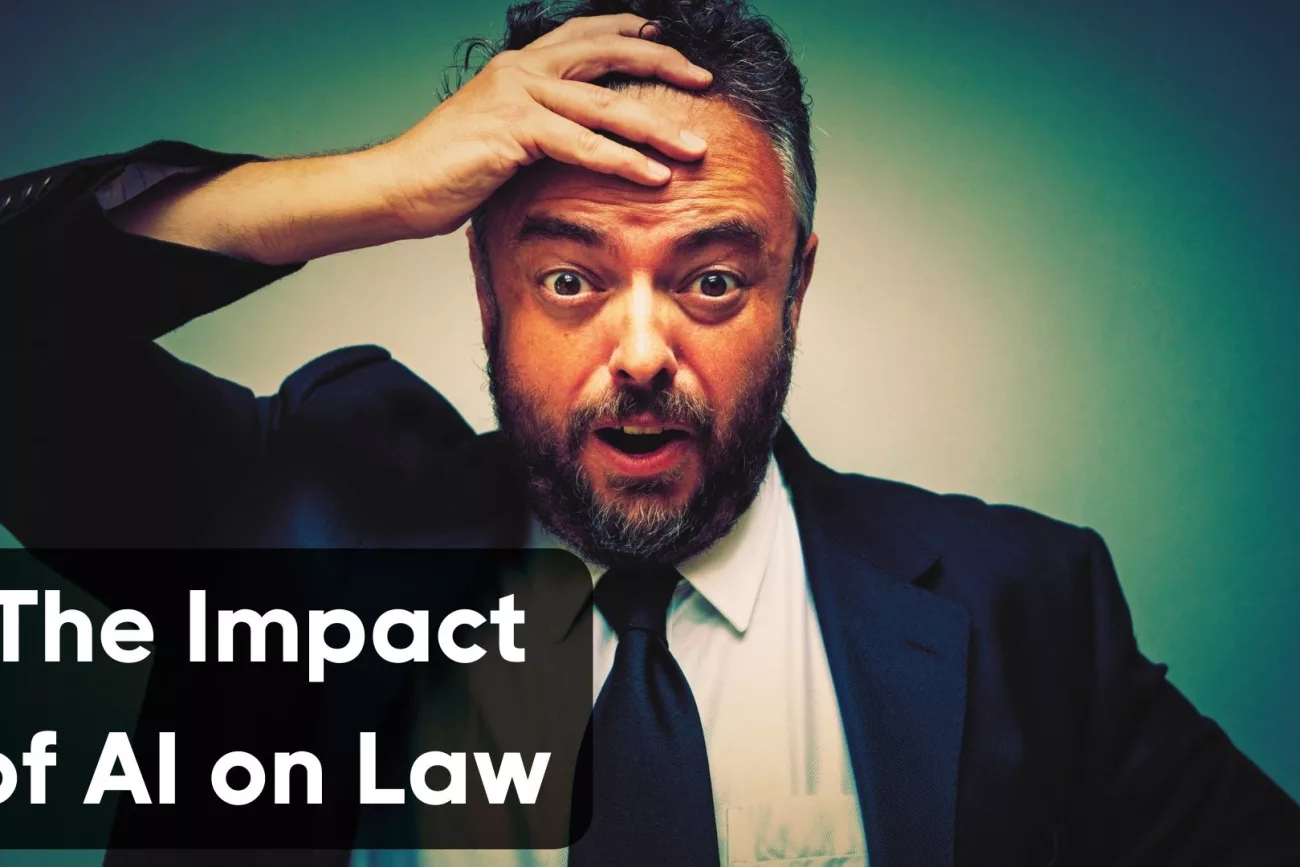
Key Points:
- Media mogul Barry Diller initiated the idea of publishers suing AI platforms, leading to a coalition of major publishers gearing up for a potential legal battle.
- The publishers argue that the profits gained from AI’s use of their content should be proportionally shared with them, with the demands rumored to run into billions.
- Tech companies insist that it’s still early days for AI and their business models are a work in progress, making substantial payouts unrealistic.
- The dispute raises untested legal questions about copyright laws and AI, creating a precedent-setting opportunity for the legal profession.
📣💸 Publish or Perish: The Battle of Billions between Publishers and AI Goliaths
It’s Lawyers vs Machines! Who Will Win this Legal Game of Thrones?
Strap yourself in for a wild ride, fellow legal eagles! 🎢🦅 There’s a storm brewing in the publishing industry, and it’s so fascinating, you’d think it came straight out of a John Grisham novel. But unlike Grisham’s courtroom battles, this one involves lawyers, publishers, and artificial intelligence. You read that right: AI. The players are billion-dollar publishing magnates, like IAC, The New York Times, and News Corp, and AI titans like Google and Microsoft. 📰💻⚖️
The David and Goliath War Cry 📯
Earlier this year, in a move that rocked the AI universe, media mogul Barry Diller lobbed the first grenade. In a Semafor interview, he suggested that publishers should sue AI platforms that train models on their data. With this clarion call, Diller rallied a rag-tag coalition of key publishers, placing the legalese-toting publishers on a warpath with the 1s and 0s of artificial intelligence. Is this the beginning of an all-out war or just a legal hiccup? Only time, and lawyers, will tell. 🕰️⚔️🤖
The Existential Fear of an AI Takeover 🌍🤖🔮
Joey Levin, the CEO of IAC, is a vital player in this intriguing drama. Like any good strategist, he’s playing his cards close to his chest. But he made an ominous prediction. “An AI takeover of the media could be more profound than that sort of sci-fi fear,” he said in a rather clandestine interview in his Manhattan office. The once-welcomed AI tools are now the invaders, threatening to take a bite out of the publishers’ revenue pie. The keyword here is “threaten.” Publishers fear a possible shift at Google from directing traffic to web pages to answering users’ queries through a chatbot. Imagine a complex Food & Wine review reduced to a text recommendation for a bottle of Malbec, without any credit to the source. Oh, the humanity! 🍷📉🤷♂️
Rise of the Chatbots, Fall of the Wine Connoisseur? 🤖🍷👎
Levin had a hard-hitting critique for the AI models. “Search was designed to find the best of the internet,” he said. “These large language models, or generative AI, are designed to steal the best of the internet.” Ouch, talk about a punch to the digital gut. Neither publishers nor platform executives are keen on rekindling the bitter coastal wars of yesteryears. But, then again, nobody likes losing. Especially when billions are on the line. 💥🌐💔
Money Talks, But Who’s Listening? 💰👂🙅♀️
The Facebook News Initiative doled out payouts between 2019 and 2022. The Times reportedly received over $20 million, the Washington Post $15 million, and the Wall Street Journal $10 million. But, this time around, the publishers want more. How much more, you ask? Well, let’s just say they’re thinking in the realm of billions. With a B. As in BIG money! These ambitious publishers argue that since the language models depend on their content, they should get a substantial share of the pie. 🥧📚💸
A Legal Battle in the Making? ⚖️📚🏛️
To add some courtroom drama to the mix, the publishers are threatening to haul the tech companies to court. Oh boy, are the copyright lawyers in for a treat! Complex questions about copyright laws relating to AI inputs and outputs have not been widely tested. And, legal professionals, like us, are keeping a close eye on a Delaware lawsuit concerning an AI company’s copying of legal texts from Westlaw. This could potentially set a precedent. Are you ready for Law & Order: AI Edition? 🕴️🤖⚖️
The High-Stakes Showdown 💸🥊💔
Google, and other tech giants, built their businesses largely by not paying for content. Can they now write off a part of their margin to pay the demanding publishers? The outcome of this negotiation may shape the future of AI, publishing, and content generation. But remember, neither party is keen on backing down. This conflict could escalate before any resolution is found. Stay tuned! 🍿🎥🔥
The Platforms’ Perspective 🏛️💬💡
Tech execs have a trump card: the AI business model hasn’t been figured out yet. The cost of maintaining large language models is, well, large. Google spokesperson, Jenn Crider, reiterated this fact, calling these “very early days” for AI. And even though publishers may hear that as a cop-out, the platforms are working to understand and establish business models that include web publishers. 🏗️💰🔄
Final Thoughts 💭💡💌
So, there you have it. A legal conundrum wrapped in a technological riddle, steeped in financial intrigue. A saga for the ages! And we want to hear from YOU. How will this play out? Are the publishers overstepping? Is AI underdelivering? We want your opinions, insights, predictions, even your wild conspiracy theories! And don’t forget to sign up for our newsletter. Because trust us, you wouldn’t want to miss the next chapter of this legal thriller! 🎬📬📊
Welcome to the new era of legal battles, where lawyers go head-to-head with machines. This one’s going to be a blockbuster! 🎞️🔥🍿
References
- Barry Diller’s Semafor Interview
- Joey Levin’s views on AI
- Details on the Facebook News Initiative
- Delaware lawsuit over AI company’s copying of legal texts
- Google’s statement on AI’s early days
Share this post
Frequently Asked Questions (FAQs)
Q: Who is leading the battle against AI platforms?
A: Media magnate Barry Diller has rallied a coalition of publishers including IAC, The New York Times, and News Corp. against AI platforms.
Q: What's at stake in this conflict?
A: At the core, it’s a fight over revenue and content control. Publishers argue for larger shares of profits as AI models rely on their content.
Q: Why are publishers considering a lawsuit?
A: The core issue revolves around copyright laws, where AI’s use of publishers’ content for training is being viewed as potential copyright infringement.
Q: How did tech companies previously handle similar situations?
A: In the past, platforms like Facebook have offered payouts. However, the figures offered now are perceived as inadequate by the publishers.
Q: What's the tech industry's stance on this?
A: Tech companies argue that the AI business model isn’t fully established yet and that they’re working on giving web publishers more control over their content.














